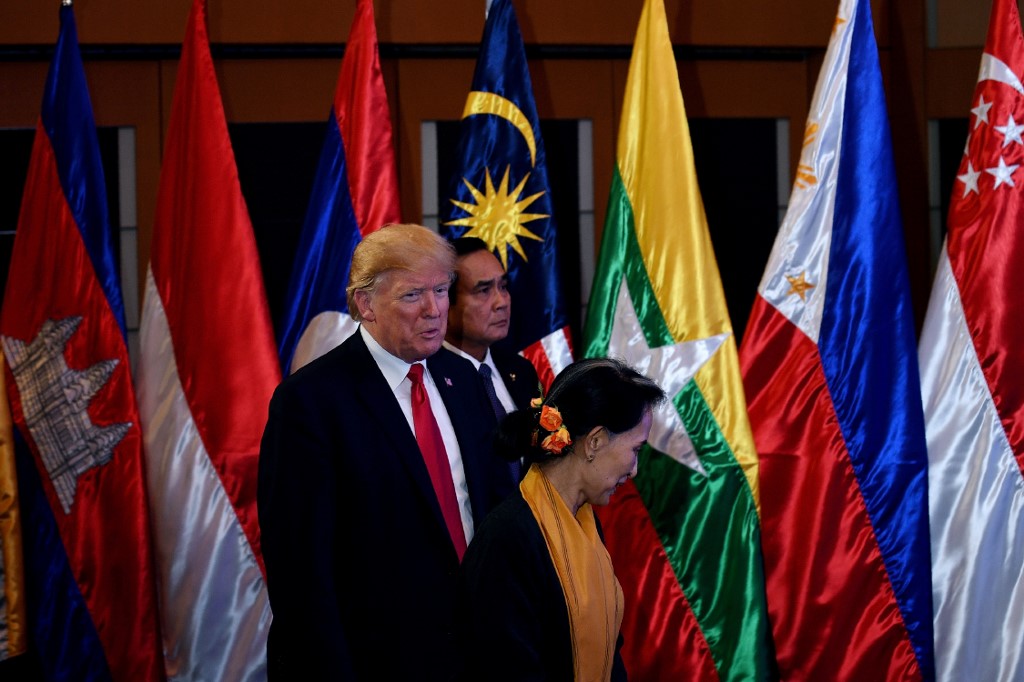
For our weekly top picks and freebies straight to your inbox, sign up here.
US President Donald Trump issued a ban on immigration from Myanmar and three other countries in an expansion to his controversial travel ban on Friday.
Myanmar citizens are not allowed to apply for visas to immigrate to the United States in a policy that the Trump administration says was designed to penalise countries that do not comply with the US minimum security standards or cooperate to prevent illegal immigration.
Chad Wolf, acting Secretary of the Department of Homeland Security, told the US newspaper The Wall Street Journal that Myanmar doesn’t share information on its citizens’ movements and on potential terrorist activity.
However, Myanmar travellers will still be permitted entry for tourist and business visas. They will still be allowed to apply for H-1B visas, intended for high-skilled foreign workers, though they won’t be eligible for employment-based green cards.
Refugees from Myanmar could also still resettle in the U.S.
The newspaper reported that the ban on new immigrants will primarily impact US citizens looking to bring over parents, children or siblings, along with partners or spouses of American citizens.
The ban also includes Africa’s most populous country Nigeria, Eritrea, and Kyrgyzstan, while two other countries, Sudan and Tanzania, will be barred from participating in the annual diversity visa lottery, which randomly awards green cards to 50,000 immigrants from underrepresented countries.
The new restrictions are set to take effect on February 21 and will apply only to new visa applications, announced the Trump administration. Immigrants who were issued valid visas before that date will still be able to move to the US.
The measures comes three years after the original order, which targeted several majority-Muslim nations.

